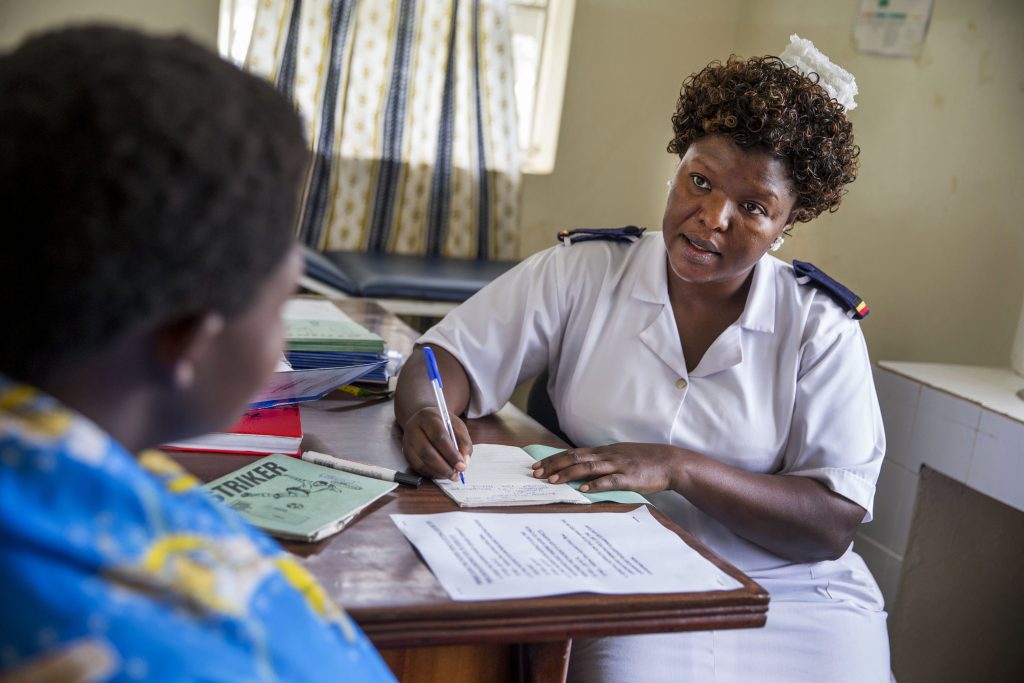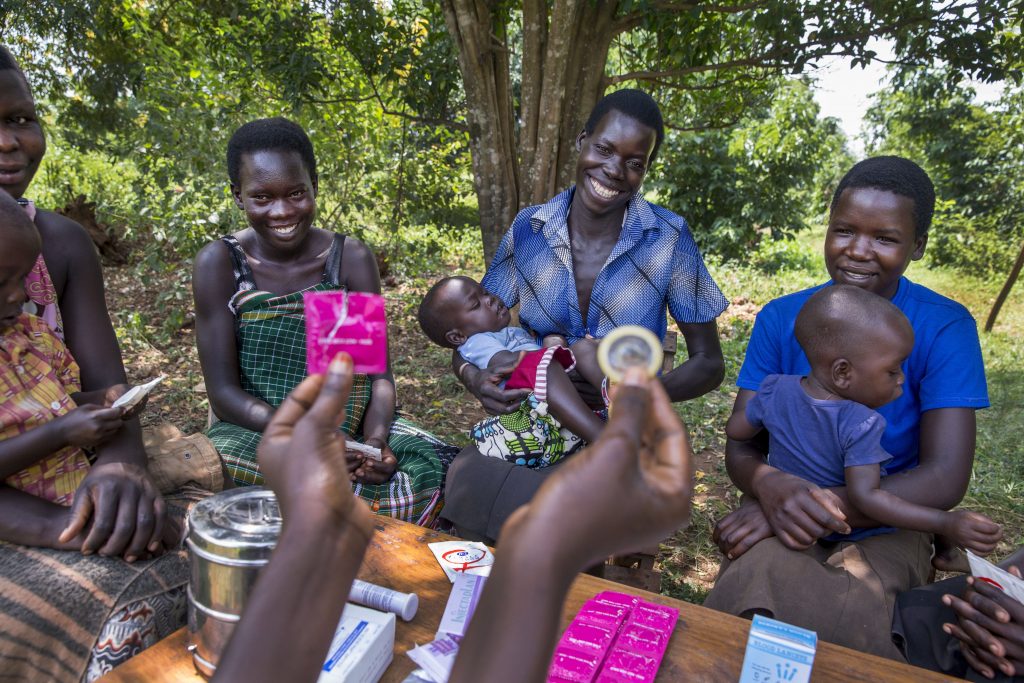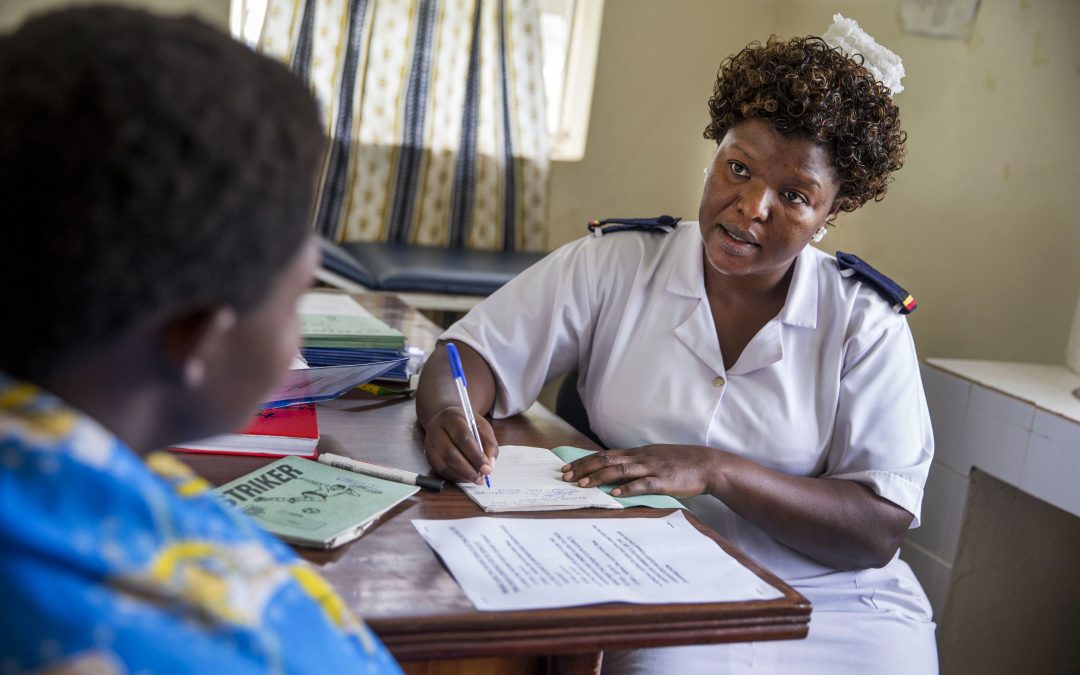Almost everyone in the world will lack access to sexual and reproductive health services at some point in their life. This is one of the most alarming findings of a ground-breaking new report on SRHR recently published by the Guttmacher-Lancet Commission. But there’s good news too: fixing this situation would be affordable, and have a positive impact not only on health, but also on society and the economy. Check out three of the most important findings:
- The bad news: there are billions of people lacking access to SRHR, all over the world. In developing countries:
– More than 200 million women want to avoid pregnancy but are not using modern methods of contraception.
– When they get pregnant, their situation easily turns into one of life or death, since more than 45 million women have inadequate antenatal care, or even no access at all.Globally:
– Almost everyone of reproductive age – around 4.3 billion people, will at some point in their life lack sexual or reproductive health services.
– More than 350 million people need treatment for curable STIs.
– Every year, two million people become infected with HIV.
Head antenatal nurse Margie Harriet Egessa attends pregnant women at Mukujju clinic, Uganda. (Photo by Jonathan Torgovnik/Reportage by Getty Images)
- The good news: SRHR is affordable for most countries, and it benefits health, society and the economy.
In developing regions, an estimated US$ 9 per person each year would cover full access to modern contraception, as well as costs for antenatal and neonatal care.
The returns of such investment would be enormous. If the need for modern contraception is met and antenatal and neonatal care is ensured, this results in:- 75 % decline in unintended pregnancies
– 73 % less maternal deaths
– 80 % less newborn deaths - But how do we do it? Key ideas for progress: – Secure sustainable domestic and international funding for sexual and reproductive health and rights
– Provide support to marginalized groups, including displaced and refugee population and people with diverse sexual orientations, gender identities and sex characteristics
– Implement the essential package for SRHR, including:
Comprehensive sexuality education
Counselling and services for modern contraceptives, with a defined minimum number of methods
Antenatal, childbirth, and postnatal care, including emergency obstetric and newborn care.
A Ugandan group of Young Mothers receives family planning education. (Photo by Jonathan Torgovnik / Reportage by Getty Images)
Data drawn from the Guttmacher-Lancet Commission.
Acess the full report here
Download the executive summary in eight languages here
Check out what we’re doing to improve women’s sexual and reproductive health and rights at our new #RightByHer campaign website

